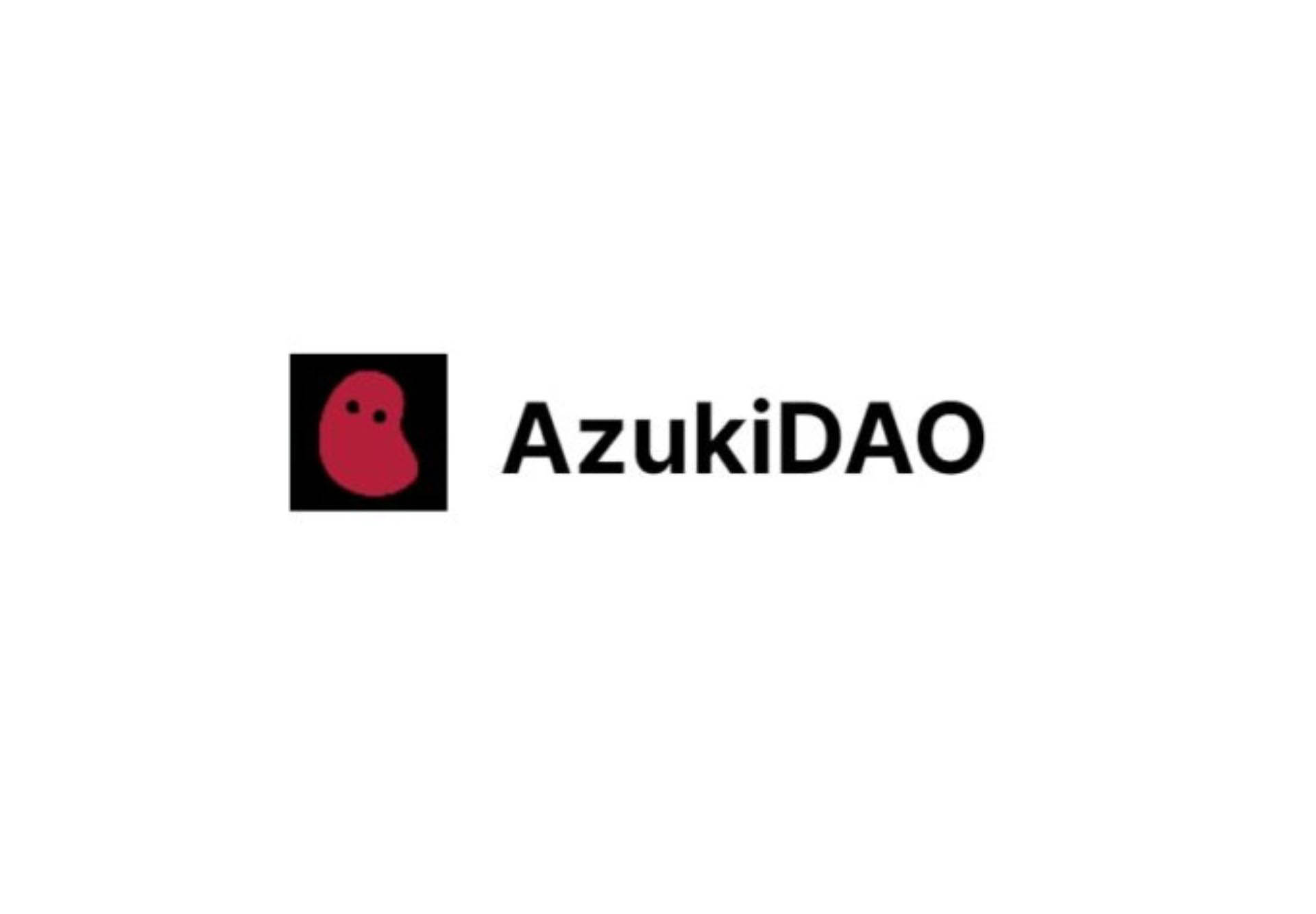A controversy continues to unfold following the debut of Azuki’s “Elementals” NFT collection, as a decentralized autonomous organization (DAO), self-identified as a devoted cohort of Azuki followers, targets the recovery of 20,000 Ether, approximately $39 million, from Zagabond, Azuki’s creator.
The plan, tabled on July 2, seeks legal measures against Alex Xu, known as Zagabond, accusing him of sabotaging several projects. The recovery targets funds generated from the contentious launch of the Elementals collection, aiming to redistribute any reclaimed resources back to the DAO for the development of the Azuki community.
Upon publication, a convincing 88.11% of AzukiDAO (BEAN) token votes are siding with the move, with a dissenting 11.9%. The proposal’s deadline is 6:38 am UTC on July 3.
AzukiDAO: Questions About Its Origin
Despite claims of being assembled from original Azuki holders, the DAO’s origins and connections to the Azuki project have raised questions. Tytan.ETH, a pseudonymous commentator, informed his 19,000 Twitter followers on July 3 that most Azuki holders were unfamiliar with AzukiDAO, suspecting it to be either counterfeit or maliciously inclined.
Etherscan data reveals the BEAN token contract for voting was minted just two days prior, with the related Twitter account established in June 2023 and only 116 Discord members. Zagabond labeled AzukiDAO as a “mysterious group” of questionable legitimacy when reached out for a comment. In contrast, an AzukiDAO representative chose to withhold personal account details when probed about the organization.
The Elementals Collection Controversy
The broader NFT community and Azuki NFT holders criticized the Azuki team post the contentious launch of the Elementals collection on June 27. Azuki first teased the Elementals project at an event held in Las Vegas on June 23. A portion of the 20,000 NFTs were given to selected Azuki holders.
The rest of the NFTs were made available on June 27, with a presale window of 20 minutes for existing Azuki NFT and BEANZ holders. However, the collection was bought up entirely in less than 15 minutes in private sales before going public, earning Azuki $38 million.
The speedy sale, coupled with grievances about the narrow presale window, website overloads, lack of novelty in the new NFT artwork, and concerns about the dilution of existing NFTs value, sparked substantial backlash. The controversy hit a peak when 20,000 ETH were reportedly moved from the project wallet shortly after the collection was sold out.

